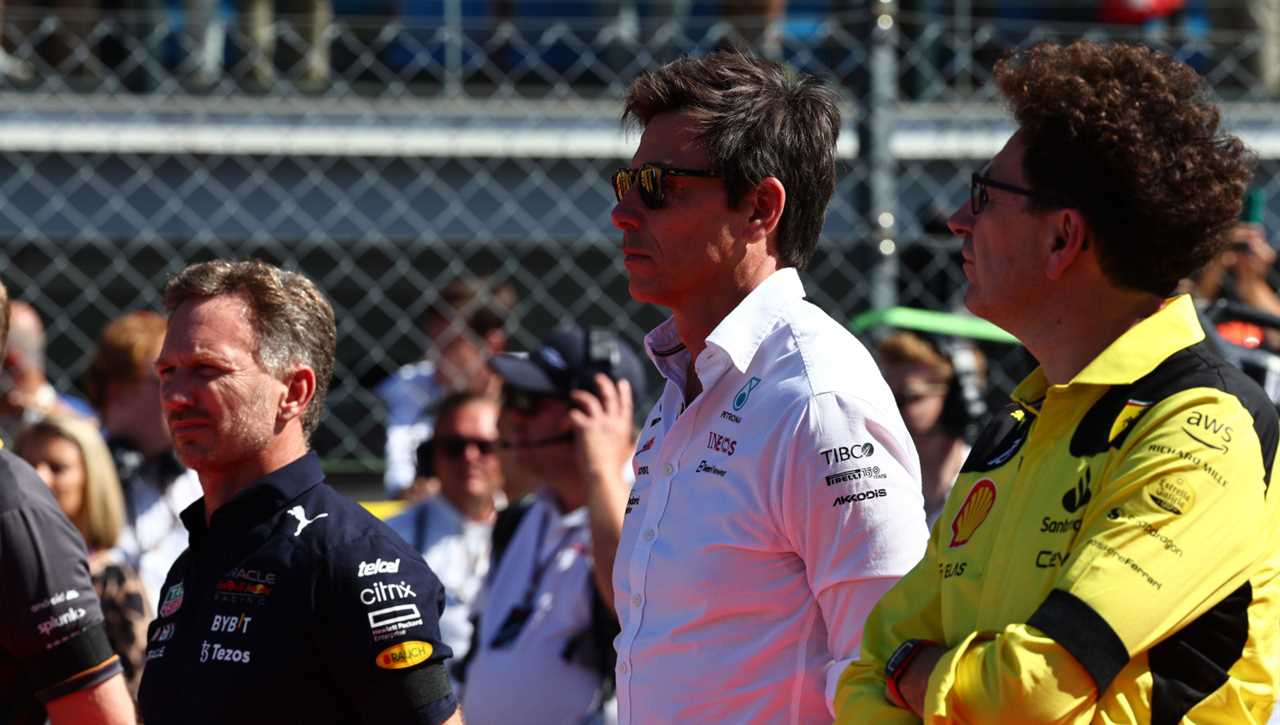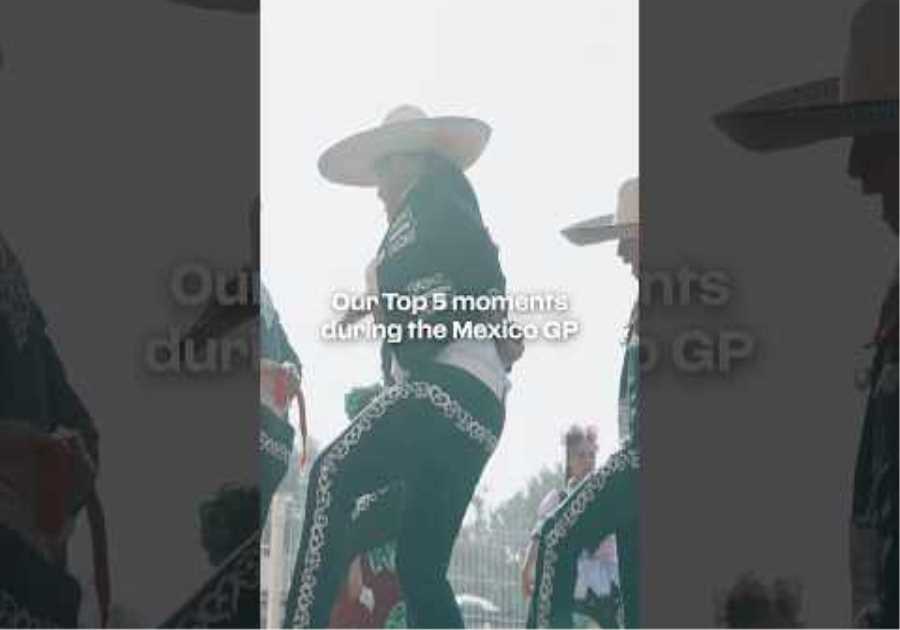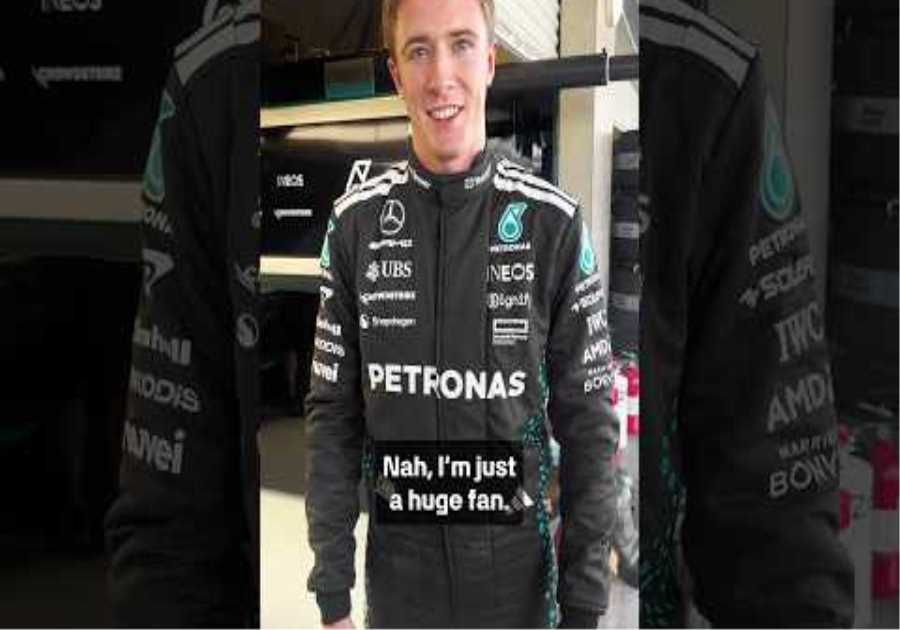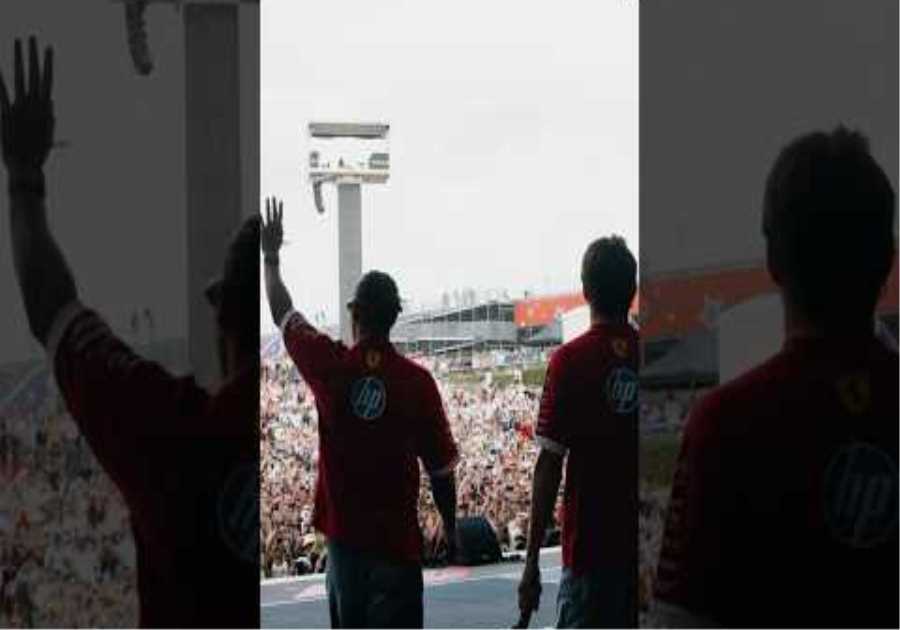
Mercedes’ Toto Wolff has praised the cost cap introduced into the world of Formula 1 as it “protected us from ourselves.”
Formula 1 underwent a historic change in 2021 when it introduced a cost cap for the first time ever in the sport’s 71-year history.
The goal of the cap was to create a more competitive sport by not allowing the bigger teams to simply outspend the smaller ones on the grid.
The cap was initially introduced at $175 million in a pre-pandemic world but was reduced to $145 million for 2021. In 2022, the cap was set at $140 million with an expectation for it to be set at a higher level for 2023 due to the increased number of sprint races.
While the changes failed to produce the kind of sweeping change in the establishment that some fans may have been hoping for – Red Bull, Ferrari and Mercedes finished in the top three – there have been rare moments of success from the smaller outfits such as Haas’ pole position in Sao Paulo.
Another added benefit was it allowed the teams to become more financially secure, an aspect that was brought into sharp focus following the COVID pandemic.
Wolff praised former executive chairman of F1 Chase Carey for his vision in introducing the cap and said it stopped an arms race between his Mercedes team and Ferrari and Red Bull.
“The key change was the cost cap introduced by Chase Carey to protect us from ourselves,” Wolff told The Times.
“The situation before was that Red Bull, Ferrari and Mercedes were fighting in their own league in a revolving spending war, but the smaller teams were not competitive.
PlanetF1 recommends
Lewis Hamilton car collection: Take a closer look at his insane private garage
Five great F1 career moves: Hamilton to Mercedes, Schumacher to Ferrari and more
F1 stars turned rally drivers: Could Sebastian Vettel be the next to join the list?
“The cost cap was based on a blueprint that existed in the US for a long time. In the NFL and NBA, you have a limit to what you can spend on your roster. F1 introduced a cost cap on technical development, which was the game changer for the business side of F1. Suddenly, we were profitable.”
Wolff personally has become incredibly wealthy following F1’s rise in popularity with the 51-year-old Austrian not only acting as CEO and team principal of Mercedes but also owning a 33% stake. In August 2022, Forbes valued Wolff’s personal wealth at $540 million (£410 million).
Speaking about his way into the sport and his continued relationship with Mercedes, Wolff said the initial plan was to just stay for three years.
“I wanted to make a better life for myself and did what I could to succeed,” he says.
“When I started at Mercedes in 2013, it was a project. It was clear I am signing a three-year contract. I am the team principal and 30 percent shareholder and when the project is done, I shall sell the shares back to Mercedes. That was agreed. After three years, it was good fun, everyone enjoyed the success, so we rolled it into another three years. But it was still a project.
“It was a bit like my life in venture capitalism and private equity: buy, invest, develop, sell, but always an exit. Then, in 2020, I came to the conclusion that this is what I like to do. I like the sporting side, and I love the business side. And what we learned during Covid is that content companies are in crisis resilient. If you are able to put on a show, and broadcast it, it will entertain people.
“The real difficulty for media companies is to create content — and the most valuable content is sports. Variations of sports teams — NBA, NFL, soccer in Europe and now F1 — are limited franchises that are very difficult to replicate with a high entry-level barrier, because you have to invest a lot before you can become competitive and generate visibility.”






